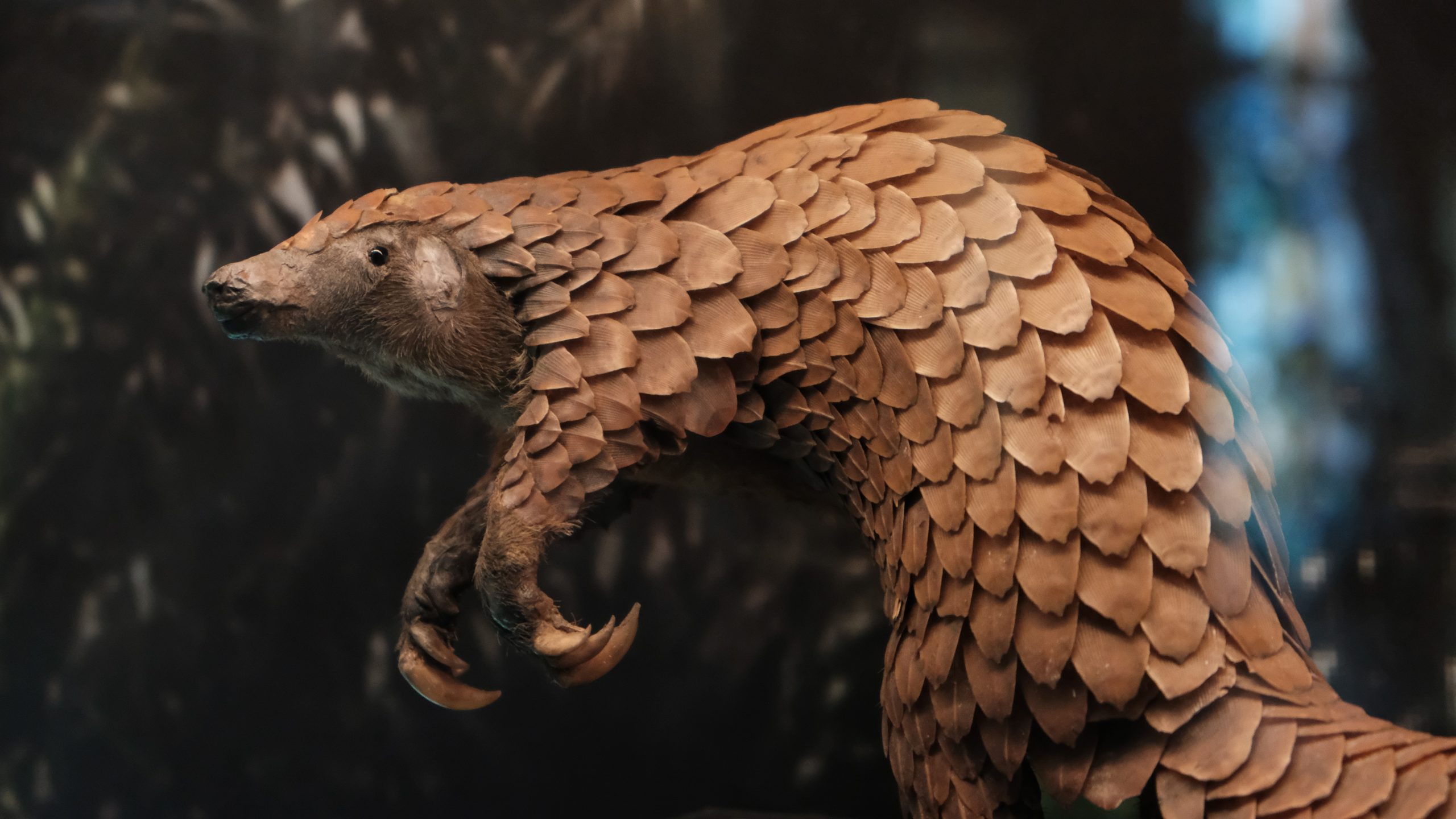Swans have been a prominent figure in mythologies and folklore throughout the world, representing various themes and meanings in different cultures. From being a symbol of love and purity to embodying transformation and rebirth, swans have played a significant role in shaping our beliefs and traditions.
In Greek mythology, swans were believed to be associated with the goddess of love, Aphrodite. The story goes that when Aphrodite’s lover, Adonis, was killed, she turned him into a swan and placed him among the stars as the constellation Cygnus. This myth represents the transformative power of love and the eternal bond between two lovers.
In Hindu mythology, swans were known to represent knowledge and enlightenment. The god Brahma was often depicted riding on a swan, symbolizing his supreme wisdom and understanding of the universe. Similarly, in Buddhism, the swan is a symbol of purity and enlightenment, and is often depicted as an emblem of the Buddha’s teachings.
In Norse mythology, swans were believed to be associated with the Valkyries, who were responsible for guiding fallen warriors to Valhalla. The swans were said to be able to predict the future and were often associated with magic and divination.
In Celtic mythology, the swan was believed to embody the concept of “soul migration.” It was thought that the soul of a person who had passed away would transform into a swan and would migrate to the afterlife. The swan was also believed to be a symbol of love and fidelity.
In Native American folklore, the swan was often associated with the concept of transformation and rebirth. The story goes that a young woman named Swan Maiden was transformed into a swan and flew away, only to return later as a beautiful woman. This story represents the transformative power of nature and the idea of rebirth and renewal.
In Chinese mythology, the swan was believed to be associated with the goddess of love and beauty, Xi Wangmu. The swan was often depicted as a messenger between the mortal world and the heavens, symbolizing the connection between humanity and the divine.
In conclusion, swans have played a significant role in shaping our beliefs and traditions, representing various themes and meanings in different cultures. From being a symbol of love and purity to embodying transformation and rebirth, the swan has captured our imagination and continues to be a fascinating subject in mythology and folklore. As we continue to explore the rich cultural history of these majestic birds, we gain a deeper understanding of the human experience and the universal themes that connect us a











